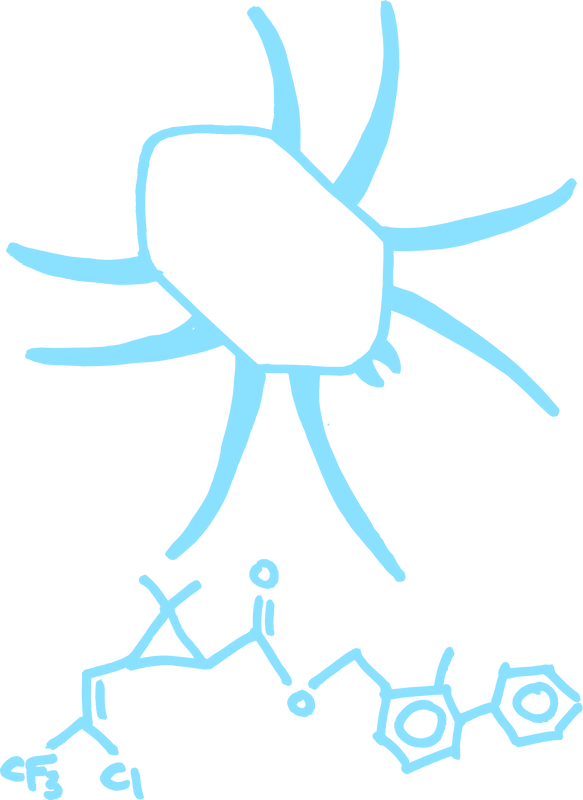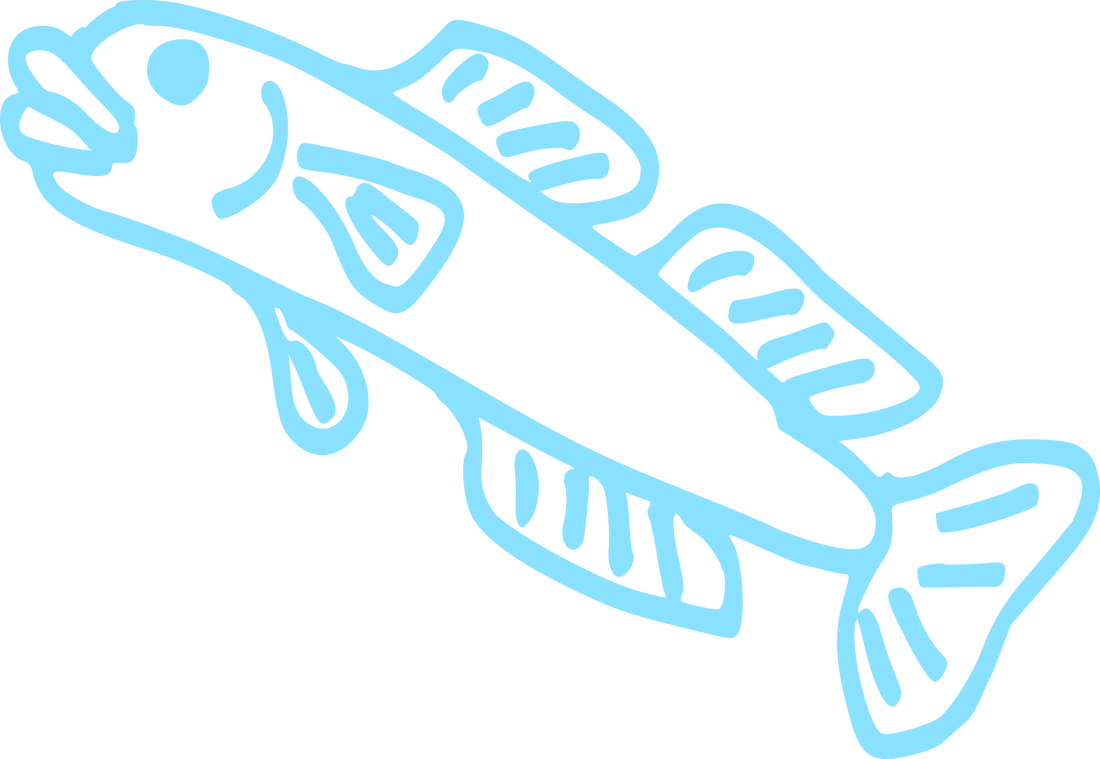Research
I have worked on a diversity of projects spanning many biological fields (population genetics, evolution, ecology, conservation, invasion biology) and systems (terrestrial, marine, plants, vertebrates, and invertebrates). This page highlights my current main research interests and endeavours, but you can find past projects and publications in my CV.
|
Pesticide resistance evolution: molecular mechanisms and management tools
My main research currently focuses on pesticide resistance. In agriculture, pesticide resistance poses a massive problem to food security and cause large economic losses due to uncontrolled crop damage.
This work uses molecular, bioinformatic, and experimental approaches to identify the molecular mechanisms that underpin resistance as an adaptive trait. Knowledge of molecular mechanisms that contribute toward resistance in field populations provides opportunities to develop screening protocols that can be used to monitor resistance. Additionally, understanding the conditions that favour, or constrain, resistance can provide opportunity to predict and manage resistance more effectively. |
|
Scales of genotypic and phenotypic differentiation in high gene flow marine metapopulations
My foray into marine evolution began during my PhD, where I studied the microevolutionary processes that shape the distribution of genetic and phenotypic variation in an intertidal goby.
Marine species are fascinating because many exhibit spatially patchy (meta)populations that exhibit environmental heterogeneity at different spatial and temporal scales. Moreover, many possess complex life cycles encompassing a discrete planktonic larval phase and a benthic adult phase. The considerable dispersal capacity of many marine species makes the compounding effects of spatial, temporal, and life stage heterogeneity in the environment challenging for adaptation. Do marine organisms primarily respond to selection by changes in heritable variation or plastic responses? Previous (and ongoing) work uses (has used) combined measurements of genomic variation, phenotypic traits, and environmental variables across different spatial, temporal, and ontogenetic scales to study when, where, and how variation is structured in marine systems. Importantly, this work is demonstrating the inherent variability of microevolutionary processes in marine organisms, suggesting the need for greater replication and interrogation of relevant ecological scales. |









